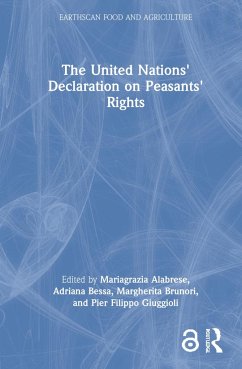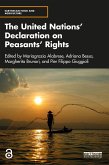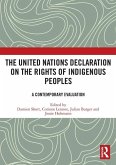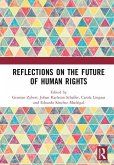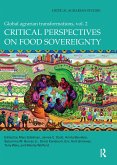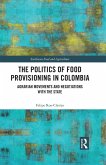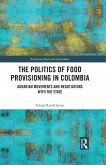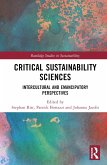This is the first book to address and review the United Nations' Declaration on the Rights of Peasants and Other People Working in Rural Areas (UNDROP), which was adopted by the United Nations General Assembly in December 2018.
Food security and sustainable agri-food systems, responsible governance of natural resources, and human rights are among the key themes of the new millennium. The Declaration is the first internationally negotiated instrument bridging these issues, calling for a radical paradigm change in the agricultural sector while giving voice to peasants and rural workers, recognised as the drivers of more equitable and resilient food systems. The book unfolds the impact of the Declaration in the wider realm of law and policy making, especially concerning the new human rights standards related to access and control of natural resources and the governance of food systems. The chapters in the book touch on a broad array of topics, including women's rights, the role of and impact on indigenous peoples, food sovereignty, climate change, land tenure, and agrobiodiversity. Voices from outstanding scholars and practitioners are gathered together to inform and trigger a further debate on the negotiation process, the innovative and potentially disruptive contents, the relations with other fields of law, and the practical scope of the Declaration. The volume concludes with a collection of case studies that provide concrete examples to help us understand the potential impacts of the Declaration at regional, national, and local levels.
This book is the first comprehensive tool to navigate the Declaration and is designed for students, researchers, and practitioners in the fields of food and agriculture law, peasant, agrarian and rural studies, human rights and environmental law, and international development and cooperation.
Chapter 6 of this book is available for free in PDF format as Open Access from the individual product pageat www.routledge.com. It has been made available under a Creative Commons Attribution-Non Commercial-No Derivatives 4.0 license.
Food security and sustainable agri-food systems, responsible governance of natural resources, and human rights are among the key themes of the new millennium. The Declaration is the first internationally negotiated instrument bridging these issues, calling for a radical paradigm change in the agricultural sector while giving voice to peasants and rural workers, recognised as the drivers of more equitable and resilient food systems. The book unfolds the impact of the Declaration in the wider realm of law and policy making, especially concerning the new human rights standards related to access and control of natural resources and the governance of food systems. The chapters in the book touch on a broad array of topics, including women's rights, the role of and impact on indigenous peoples, food sovereignty, climate change, land tenure, and agrobiodiversity. Voices from outstanding scholars and practitioners are gathered together to inform and trigger a further debate on the negotiation process, the innovative and potentially disruptive contents, the relations with other fields of law, and the practical scope of the Declaration. The volume concludes with a collection of case studies that provide concrete examples to help us understand the potential impacts of the Declaration at regional, national, and local levels.
This book is the first comprehensive tool to navigate the Declaration and is designed for students, researchers, and practitioners in the fields of food and agriculture law, peasant, agrarian and rural studies, human rights and environmental law, and international development and cooperation.
Chapter 6 of this book is available for free in PDF format as Open Access from the individual product pageat www.routledge.com. It has been made available under a Creative Commons Attribution-Non Commercial-No Derivatives 4.0 license.

